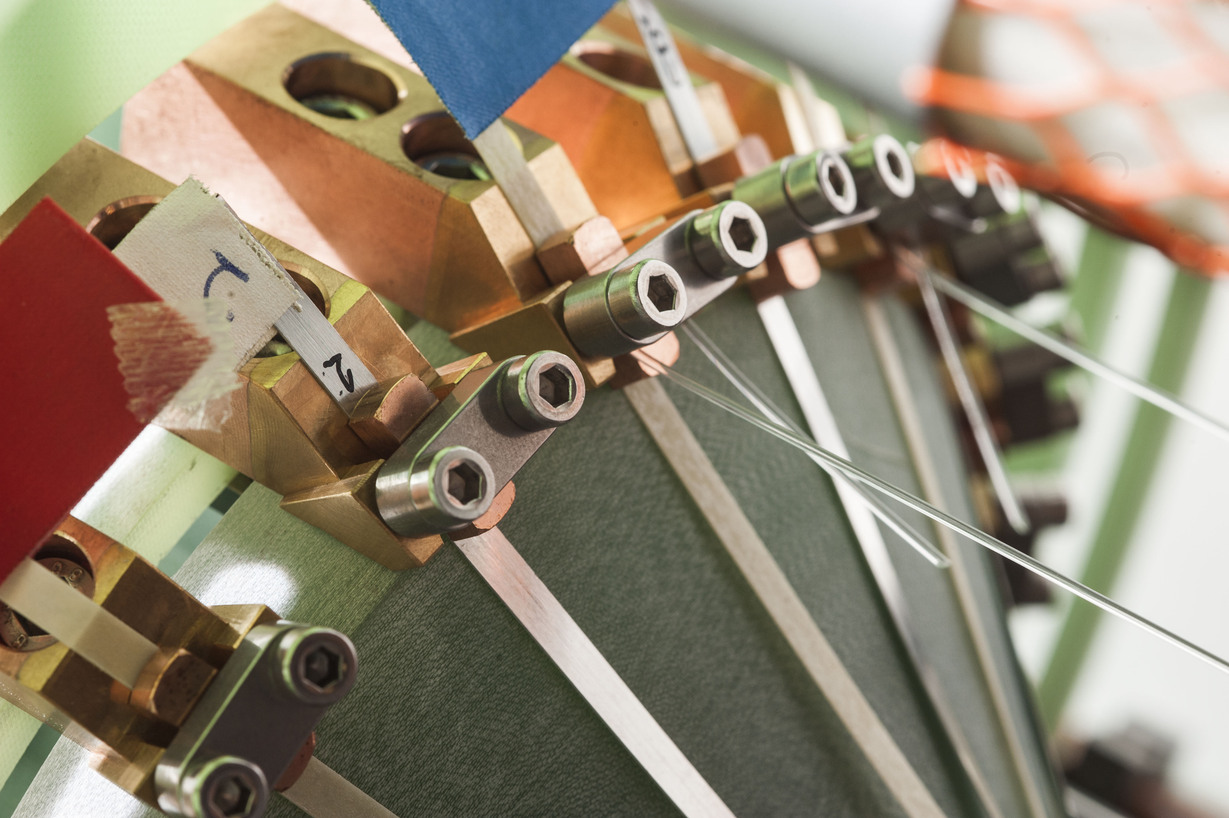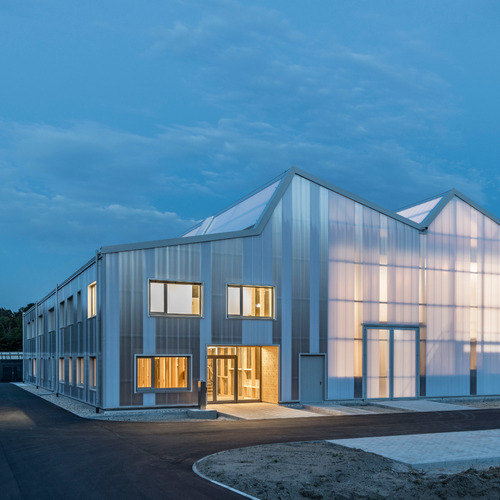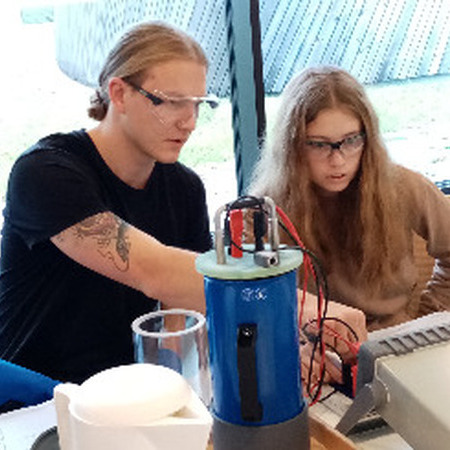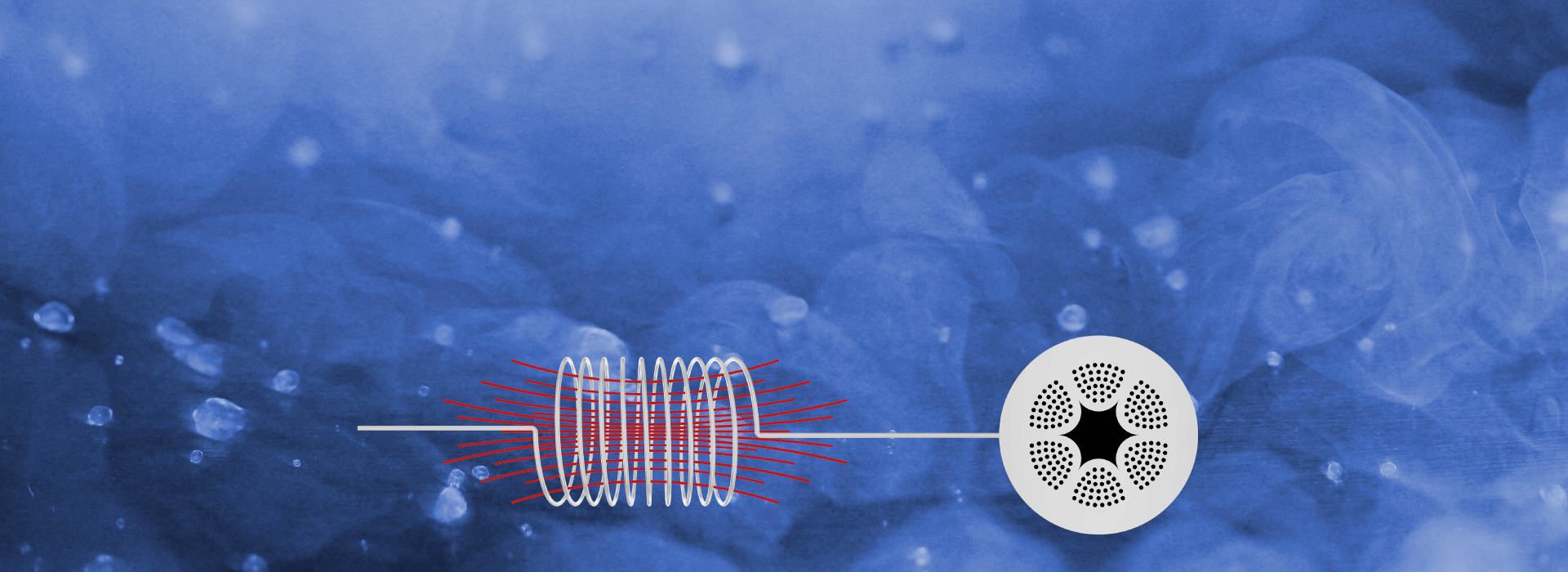The Institute for Technical Physics (ITEP) is an organizational unit of the Karlsruhe Institute of Technology (KIT) in the Helmholtz Association (HGF).
The central fields of activity of the ITEP are superconductivity and cryogenics with their applications. The main focus of technical developments is currently on nuclear fusion and superconducting components for power- and magnet technology. The development of superconductors, especially high-temperature superconductors, cryogenic components and the characterization of low-temperature structural materials are also essential for this.
The work of the ITEP is application-oriented, but is accompanied by fundamental developments to the necessary extent. In the medium and long term, they are involved in national collaborative projects, virtual institutes, EU projects and cooperation with industry.
In the long term, the work of the ITEP is anchored in the "Fusion", "Storage and Networked Infrastructures" and "Matter and Universe" programmes of the Karlsruhe Institute of Technology (KIT) and the Helmholtz Association of German Research Centres.







In recent years, the cost of high-temperature superconductor tapes has fallen continuously and production capacities have been significantly expanded.
At the same time, many AC and DC superconductor cables for various applications from low voltage to high voltage have been developed, successfully tested and used in field trials.
This current overview summarizes the most important new research and development activities on superconductor cables.
Link to paper
The IEEE Open Journal of Power Electronics (OJPEL) is a 100% open access journal that publishes high-quality, peer-reviewed papers about the development and application of power electronic systems and technologies.
Prof. De Carne has now be chosen as new Co editor-in-chief alongside Prof. Wenkang Huang from
Infineon Technologies (USA).
We congratulate and wish best of luck to further improve the quality of this important publication.
To the current PELS Newsletter
The centerpiece of a new research facility at KIT will soon be liquefying over 50 kg of hydrogen per day. The new liquefier is thus the largest non-commercial plant in Germany and will support projects of the Hydrogen Integration Platform (HIP), establish a supply of liquid hydrogen for KIT and be available for external interested parties.
Learn more